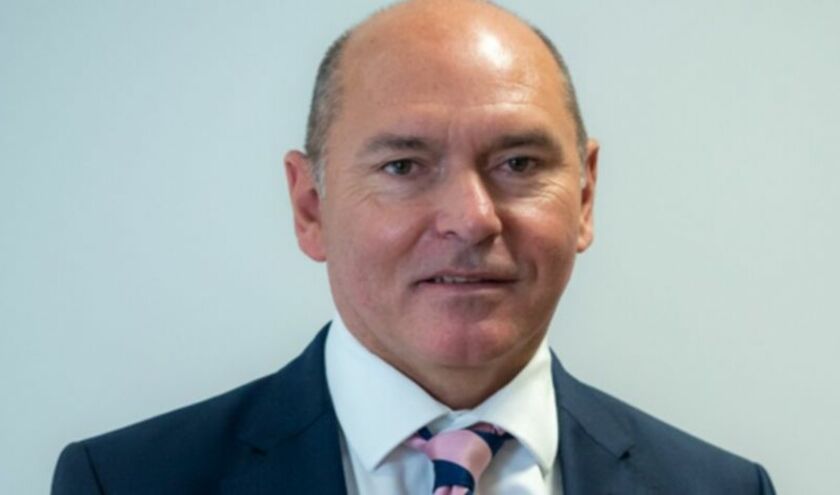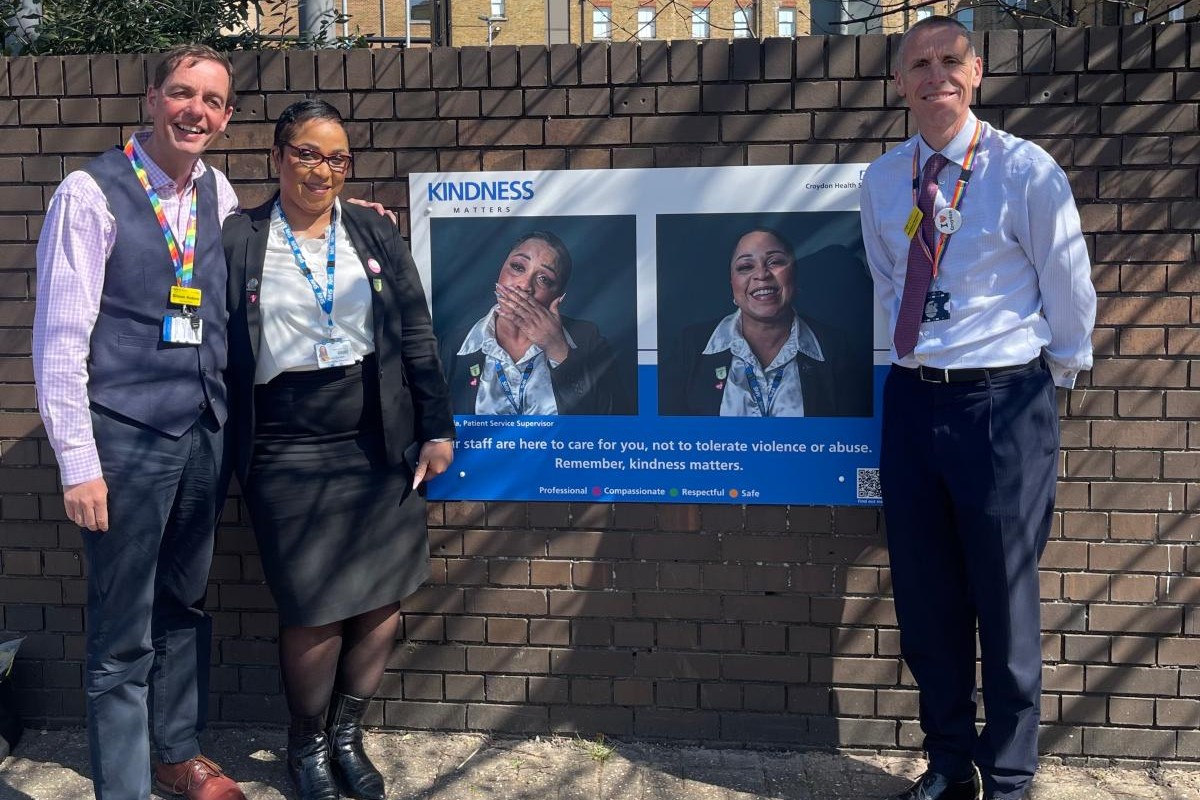In a letter to health leaders, Sir Jim acknowledged cutting ICB costs by 50% ‘will be a challenge' while confirming the bodies will be central to future plans.
Sir Jim said: ‘ICBs have a critical role to play in the future as strategic commissioners and this is going to be central to realising the ambitions that will be set out in the 10-Year Health Plan.'
Guidance will be laid out this month on a reasonable running cost per head of the population that ICBs are expected to use create ‘bottom-up plans' for sign off by the end of May, with implementation in the third quarter.
In terms of ICB staff reduction, Sir Jim laid out a number of areas of duplication, including assurance and regulatory functions, wider performance management and comms and engagement.
Sir Jim also set out how NHS trusts should reduce corporate cost growth by 50% by quarter three 2025/26, with savings reinvested locally in frontline services.
He highlighted the ‘substantial increase' in non-patient facing corporate nursing roles at NHS trusts and ICBs since 2019, adding chief nursing officer for England, Duncan Burton, will lead work this month on setting thresholds that systems and providers will be expected to align with in 2025/26.
Sir Jim also revealed the unpopular elective payment limit will be scrapped, adding an Urgent and Emergency Care Delivery plan will be published shortly to ensure services are better prepared for next winter.
The chief executive said work on merging NHSE with the DHSC would continue to be led Penny Dash and Alan Milburn to ‘create a single aligned centre'.
Sir Jim welcomed the significant reduction in the 2025/26 NHS deficit to £311m, adding: ‘Hopefully, this will build confidence and help establish a clear path to balancing the books in 2025/26 and delivering on our key operational imperatives.'
Reaction
Matthew Taylor, chief executive of the NHS Confederation, welcomed Sir Jim's commitment to the central role of ICBs, adding: ‘With many systems at different stages some ICBs will need support on this journey to develop the necessary skills and capabilities to support their strategic commissioning function.'
Taylor cautioned, however, that some ICBs will be asked to deliver ‘eye-watering efficiency savings' that will make it ‘challenging for NHS leaders to find the balance between improving performance and implement the reforms needed to put the NHS on a sustainable footing'.
Interim chief executive of NHS Providers, Saffron Cordery, said: ‘Trust leaders are keenly aware of the need to ensure every pound of NHS money is well spent, but no one should underestimate the scale of the efficiency challenge expected of them. Plans must be rooted in reality.'



